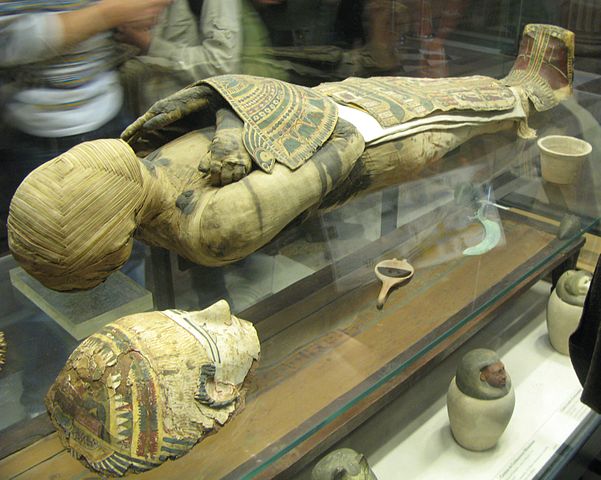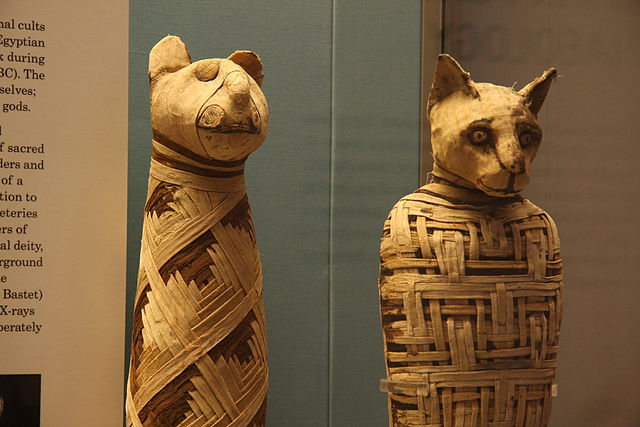- 3-minute read
- 15th February 2017
5 Tips on How to Develop a Search Strategy
In academic writing, a “search strategy” refers to the methods used to find sources. You’ll often have to document your search strategy in the methodology section of a thesis or dissertation.
But how do you develop a good search strategy? It depends on what you’re researching, but these five tips are a great starting point.
1. Selecting Databases
Your college library should offer access to various academic databases. But not all of these will be relevant to your work (e.g., if you’re studying medicine, you probably won’t need the American Meteorological Society’s Meteorological & Geoastrophysical Abstracts database).

Consequently, you should either select the most relevant databases via your library’s search engine or access individual databases online. You should also make sure to list the databases used when you write up your search strategy.
2. Search Terms
Next, you’ll need to select relevant search terms. Some of these should be obvious based on your research topic (e.g., if you’re writing about mummification in ancient Egypt, you’ll definitely want to search for “mummification” and “Egypt”).

(Photo: dada/wikimedia)
For others, though, you may need to brainstorm related terms. One option is looking at a few papers related to your topic and seeing which keywords they use in their abstracts.
3. Wildcards and Truncation
You can increase the number of results you get from a search using “wildcards” and “truncation”:
Find this useful?
Subscribe to our newsletter and get writing tips from our editors straight to your inbox.
- Wildcards are symbols used to find alternative spellings of the same term. If a wildcard is represented by a “!” symbol, for instance, you could search for “Ram!ses” to find variant spellings of the name (e.g., Ramses, Rameses, Ramesses).
- Truncations allow you to search for various endings to the same term. So if a truncation is represented by a “*,” you could search for “Egypt*” to bring up results that include “Egyptology” and “Egyptian.”
The symbols for these may depend on the database, so remember to check the “help” section when using a new database to find out how to use wildcards and truncation.
4. Using Boolean Operators
Another way of customizing search results is to use Boolean operators. The three main terms you’ll need here are “AND,” “OR,” and “NOT.”
The “AND” operator allows you to search for papers that contain more than one search term (e.g., “mummification AND Ancient Egypt”). The “OR” operator, meanwhile, will return results that feature either of the search terms mentioned (e.g., “mummification or burial rites”).

(Photo: Mario Sánchez/wikimedia)
“NOT” lets you exclude certain results from a search. For instance, if you only wanted to find results about ancient Egyptian mummies, you could search for “mummification NOT bog bodies” to exclude European mummies found in peat bogs.
5. Limiting Searches
You can also control searches using limiting conditions. These are the options that allow you to filter certain results for relevance.
Common filters include language (e.g., searching only for papers published in English) and date of publication (e.g., searching only for papers published after 2005). The limiters available may depend on the database, but they can be useful if a term returns too many results.




